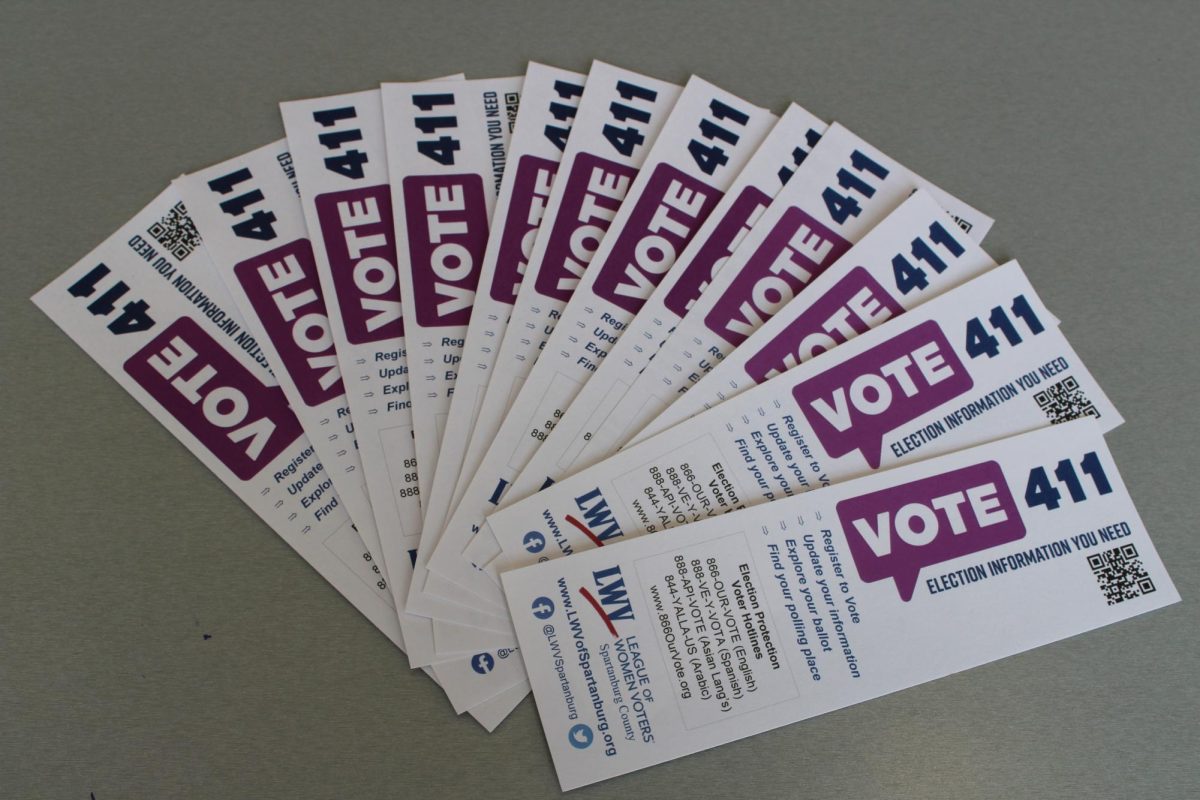How Wofford can hold its students accountable
Most students, faculty, staff and administration have some familiarity with the reemergence of Yik Yak on campus this semester. There is no doubt that the app, once known for the havoc it wreaked around the country, has taken campuses by storm once more.
While many individuals find the anonymity and relative applicability of the application to be a drawing benefit of its use, there are some issues which are not necessarily campus-wide knowledge.
Yik Yak previously crumbled by force of legal issues that arose from its ineffective handling of harassment and cyberbullying. At present, it would appear that such policies have not changed in any distinguishable way.
Yik Yak was, previously, an application which allowed students at any given institution to post anonymously to a public timeline for anyone else at the institution to see, as long as both individuals were within a 1.5 mile radius of the campus. So what has changed?
Well, now you can be as far as 5 miles from campus and still have access to view and post on the anonymous forum. As Andrew Arends mentioned in the Old Gold and Black’s latest issue, “the people writing the posts might never have to face the consequences of their words.”
With so much anonymity and room being given to students to say what they please, the question logically becomes, “what will the college do to protect the students who may be subject to harassment or slander?”
Enter; the United States Court of Appeals for the Fourth Circuit.
In December of 2018, the Fourth Circuit determined that, in anonymous applications such as Yik Yak, Title IX policies are still imposable and violations are subject to investigation. Essentially, since any statement must have been posted within the general vicinity of the campus and it is reasonable to conclude its posting by a student of the campus, students that are subject to harassment or hate speech are within their rights to file a complaint with the office of Title IX.
What does this mean for students using the application? Well, nothing. As long as students are not inciting harassment nor participating in harassment of any kind, then there is nothing to worry about.
However, in the face that a student is involved in some form of harassment or hateful language online, they should be aware that their actions are equally liable to be held accountable and such actions can lead to stronger disciplinary action on the part of the entire administrative body on campus.
Essentially, tread lightly, Wofford. Keep your app, but remember that anonymity online is never truly anonymous.
FYI: Wofford College’s Title IX policy describes harassment as: “A form of discrimination that is prohibited by College policy. Discriminatory harassment is defined as unwelcome conduct by any member or group of the community on the basis of actual or perceived membership in a class protected by policy or law.”
























